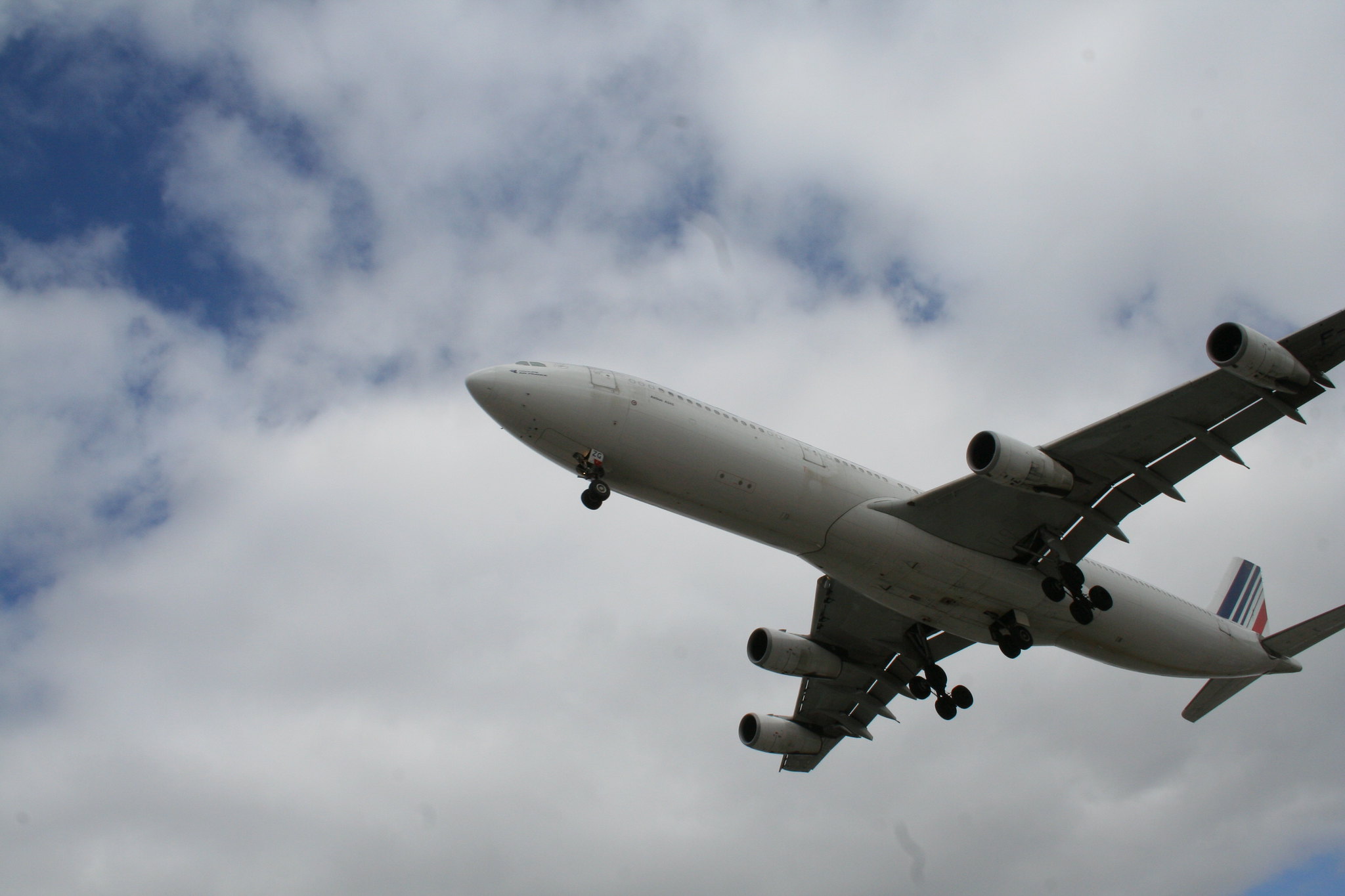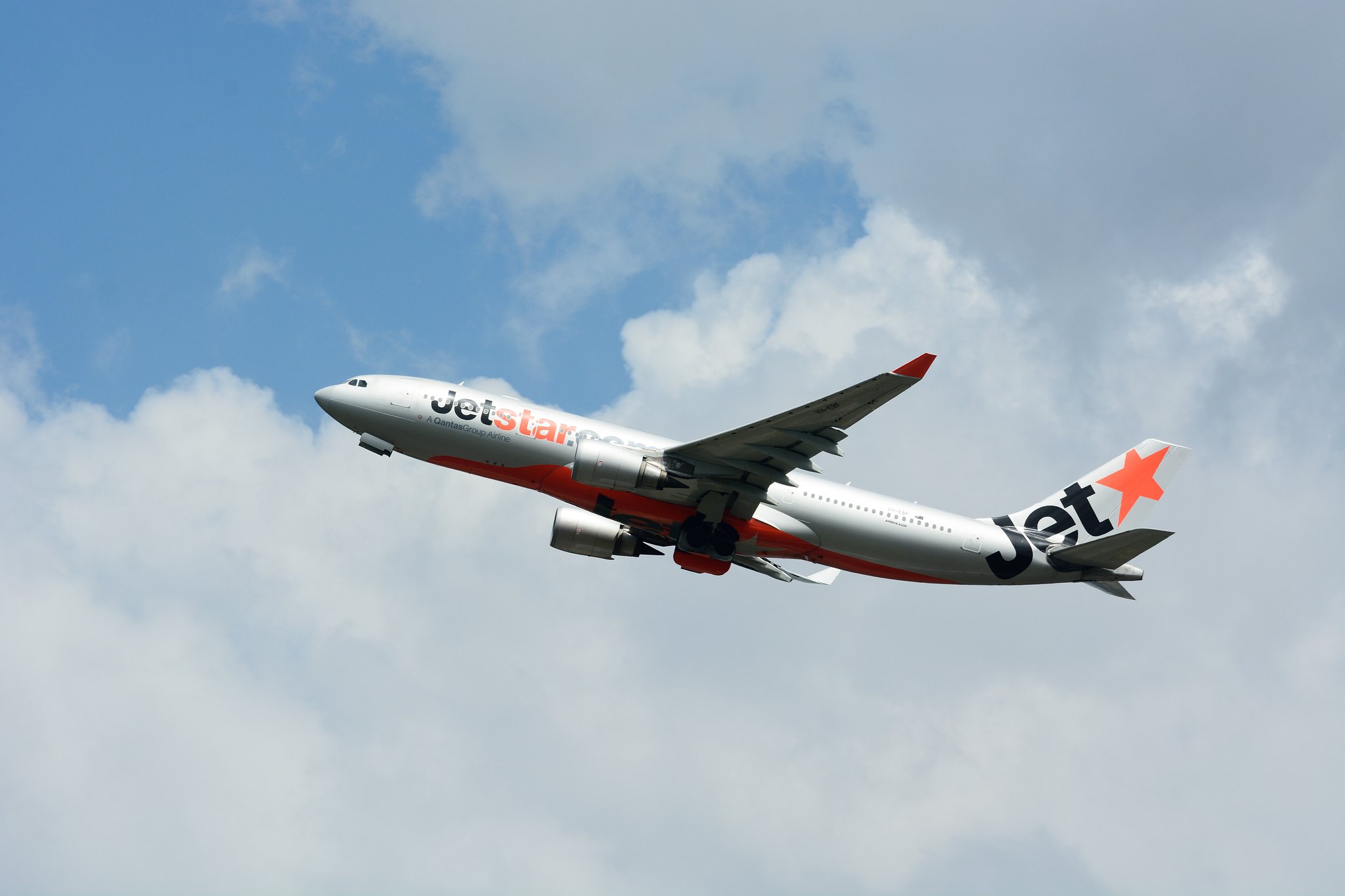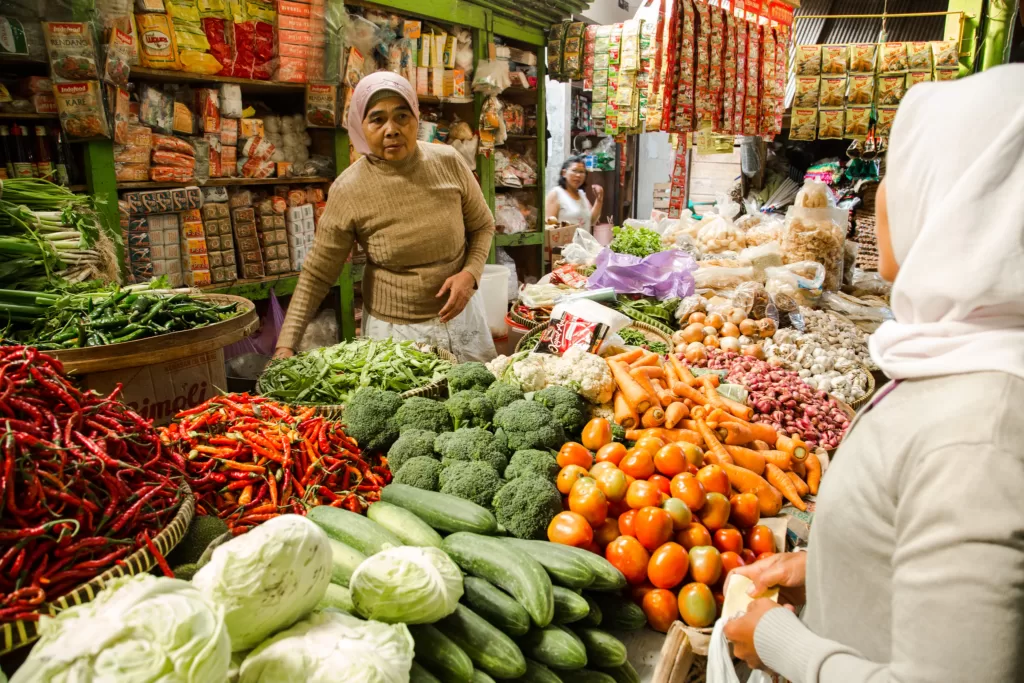The post-pandemic surge in airfares is easing, but a return to the halcyon days of cheap tickets abroad might be finished.
 Despite the dreams of some travel writers, it’s highly unlikely airfares will ever return to 2019 levels. : Jason O’Halloran, Flickr CC BY 2.0 (https://creativecommons.org/licenses/by-sa/2.0/)
Despite the dreams of some travel writers, it’s highly unlikely airfares will ever return to 2019 levels. : Jason O’Halloran, Flickr CC BY 2.0 (https://creativecommons.org/licenses/by-sa/2.0/)
The post-pandemic surge in airfares is easing, but a return to the halcyon days of cheap tickets abroad might be finished.
To the shock of many, airfares out of and into Australia have considerably risen since 2022.
In 2023, politicians and the media rushed to interrogate why airlines had become so “greedy“, charging so much for airfares despite posting profits for the year.
But the success of most airlines from the middle of 2022 onwards cannot be viewed in a vacuum.
From early 2020 to that point, the height of the COVID-19 pandemic, most airlines practically ceased doing any business. Operating on life support, all airlines lost billions and relied either on government support or bank loans.
Partly, the increase in fares can be attributed to a need to repay debts.
More significantly, airlines learned a harsh lesson after more than two decades of operating on a business model known as “high volume, low yield”.
For an airline to be profitable, it had to operate and be full of passengers, mainly paying relatively little. In practice, it meant that if a passenger paid AUD$2,000 for a return trip between Sydney and London, the airline would be lucky to make $10 per passenger.
This worked well for customers who enjoyed cheap airfares for 20 years, but airlines were left with slim profits and no reserve cash to ride out a pandemic-borne crisis that lasted over two years.
Post-pandemic, airlines have ditched this model and airfares have risen to more commercially realistic levels (especially in 2023) — much to the annoyance of long-pampered customers.
The cost of operating an airline has also grown.
Having fired older, experienced staff during the pandemic, airlines have had to recruit and train an entirely new set of employees, and pay them much higher salaries than the pre-COVID days. Despite this, airfares in 2024 have moderated as competitive pressures have increased.
Still, new challenges continue.
The conflicts in the Middle East are likely to prompt a sharp rise in oil prices, especially if these conflicts escalate and expand geographically. Fuel represents at least half the cost of an airline’s operation, so its fares increase in accordance with oil prices.
That’s bad news for would-be travellers to relax their guard and get excited for any incoming drop to airfares.
Despite the dreams of some travel writers, it’s highly unlikely airfares will ever return to their 2019 levels. What consumers can realistically hope for is good value for their higher fares and special deals, often cropping up when airlines promote to fill empty seats.
David Beirman is Adjunct Fellow in Management at University of Technology Sydney (UTS).
Originally published under Creative Commons by 360info™.














